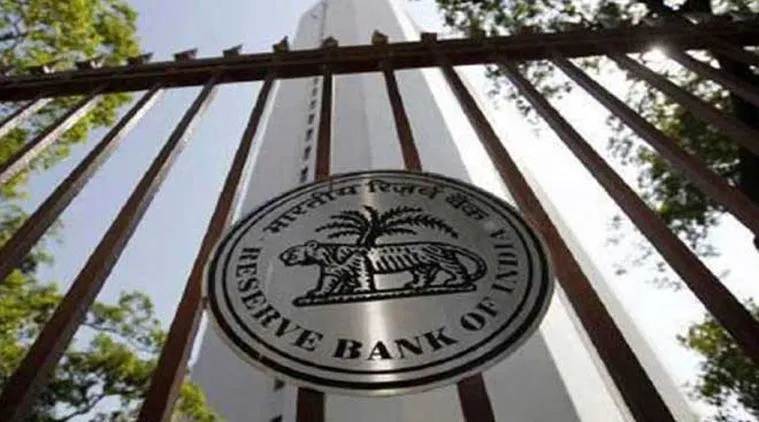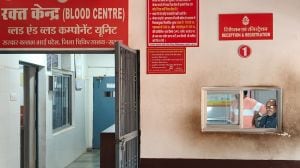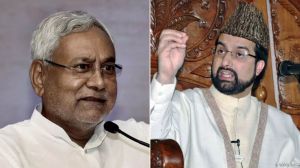In a first, Reserve Bank discloses board minutes to ‘enhance public awareness’
According to the minutes, made public for the first time, the Central Board deliberated on the state of the financial sector along with the supervision of entities, both banks and non-banks.
 The minutes of the meeting of Central Board held in Chandigarh on October 11, 2019, were released on Monday. (Representational image)
The minutes of the meeting of Central Board held in Chandigarh on October 11, 2019, were released on Monday. (Representational image)
The Reserve Bank of India (RBI) has decided to disclose minutes of the meetings of its Central Board of Directors “as a measure of further enhancing public awareness about the functioning of the RBI”.
The minutes of the meeting of Central Board held in Chandigarh on October 11, 2019, were released on Monday. According to the minutes, made public for the first time, the Central Board deliberated on the state of the financial sector along with the supervision of entities, both banks and non-banks. The board discussed in detail the current state of the financial sector with special focus on the regulatory and supervisory architecture of commercial and cooperative banks as also non-banking financial companies (NBFCs), said the minutes. The RBI decision to go transparent has come over a year after former Governor Urjit Patel had major differences of opinion with the government over certain key policy matters and quit the post. “It has been decided to place the minutes of the meetings of the Central Board on the RBI’s website in terms of provisions of Section 4 of the RTI Act, after appropriately severing information that is permitted to be severed as per the Act,” the RBI said.
Replying to the queries of some directors, the framework of supervision of banks and other financial entities regulated and supervised by the RBI were explained. The Central Board also discussed the specific case of PMC Bank which collapsed due to mismanagement and governance issues last year. “It was informed that RBI has taken/ initiated several measures to strengthen supervision and regulation of these entities. It was also informed that the formation of a separate department of regulation and supervision, that was approved by the Central Board in its meeting on 21 May, 2019,” it said.
“In future, the minutes will be placed on the RBI website within two weeks from the date of its confirmation in the next meeting of the Central Board and on being signed by the chairman in the same meeting,” the RBI said.
According to the RBI, the minutes of the meetings of the RBI’s Central Board have evinced considerable public interest and some of these have been shared with persons who sought them under the Right to Information Act 2005 (RTI Act). “The RBI has been, over the years, taking steps to enhance transparency with regard to its functioning,” the RBI said.
RBI Governor Shaktikanta Das and four Deputy Governors are members of the board. Other members include Bharat Narotam Doshi, Sudhir Mankad, Ashok Gulati, Manish Sabharwal, Prasanna Kumar Mohanty, Satish Kashinath Marathe, Dilip S Shanghvi, Swaminathan Gurumurthy, Revathy Iyer, Atanu Chakraborty, Sachin Chaturvedi, Rajiv Kumar and Natarajan Chandrasekaran. The RBI Central Board is considered as one of the most opaque boards in the financial sector. In August last year, resolving a contentious issues, the RBI Central Board decided to transfer a record surplus — Rs 1.76 lakh crore — to the government.
The issue of transfer of surplus or profits has often been contentious. The government often pitches for a higher payout, arguing it needs to spend to deliver on promises and to keep the economic momentum going, while a conservative central bank, which has medium- and long-term perspectives, prefers to salt away a good portion of the profits for a rainy day. This battle turned bitter in 2018 when Urjit Patel was the RBI Governor and Subhash Garg was the Secretary, Economic Affairs in the Finance Ministry. At stake were the level of reserves the RBI should hold or maintain and the quantum of profits to be distributed. The board then set up a committee headed by Bimal Jalan to settle the issue.
- 01
- 02
- 03
- 04
- 05































